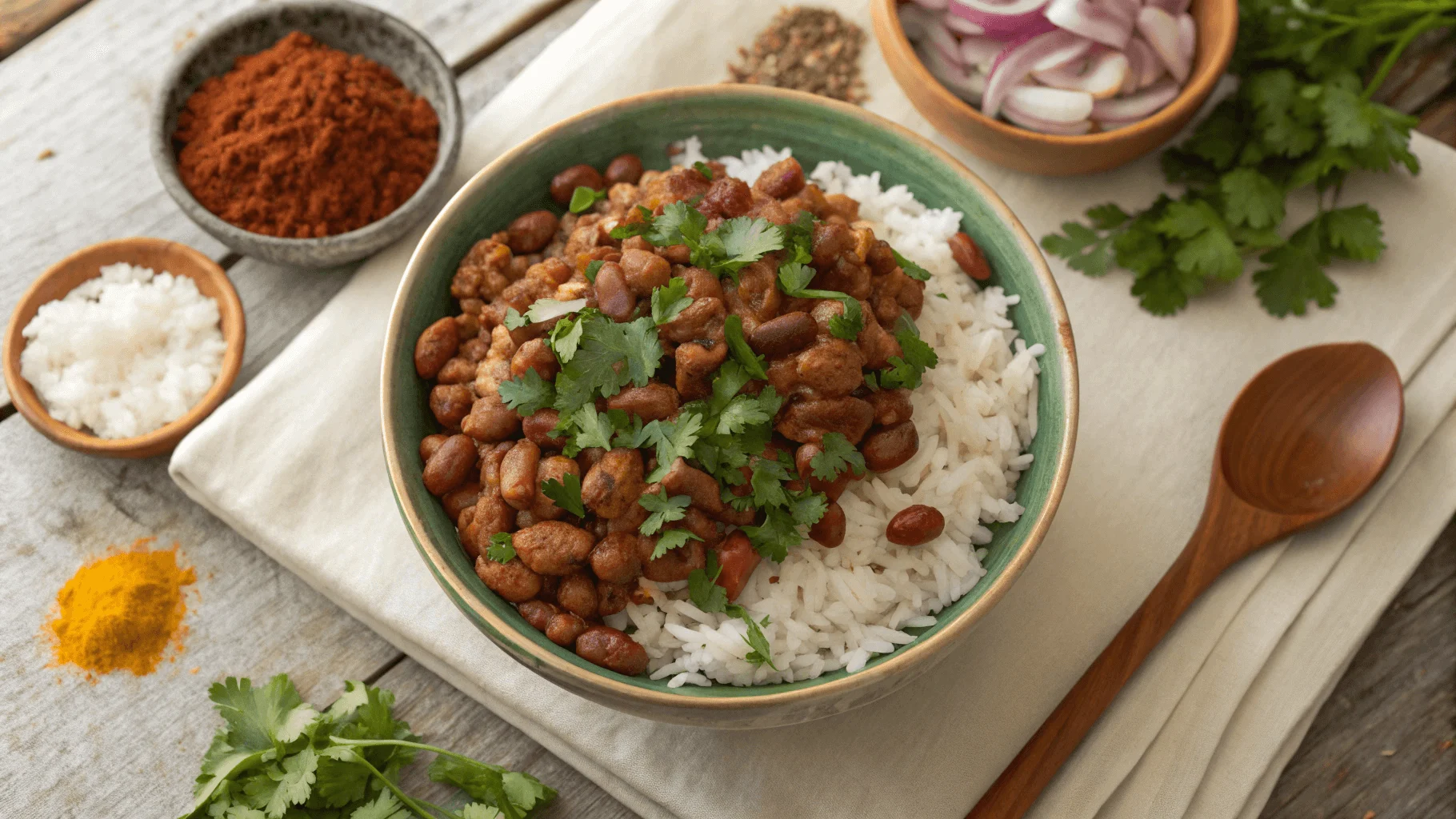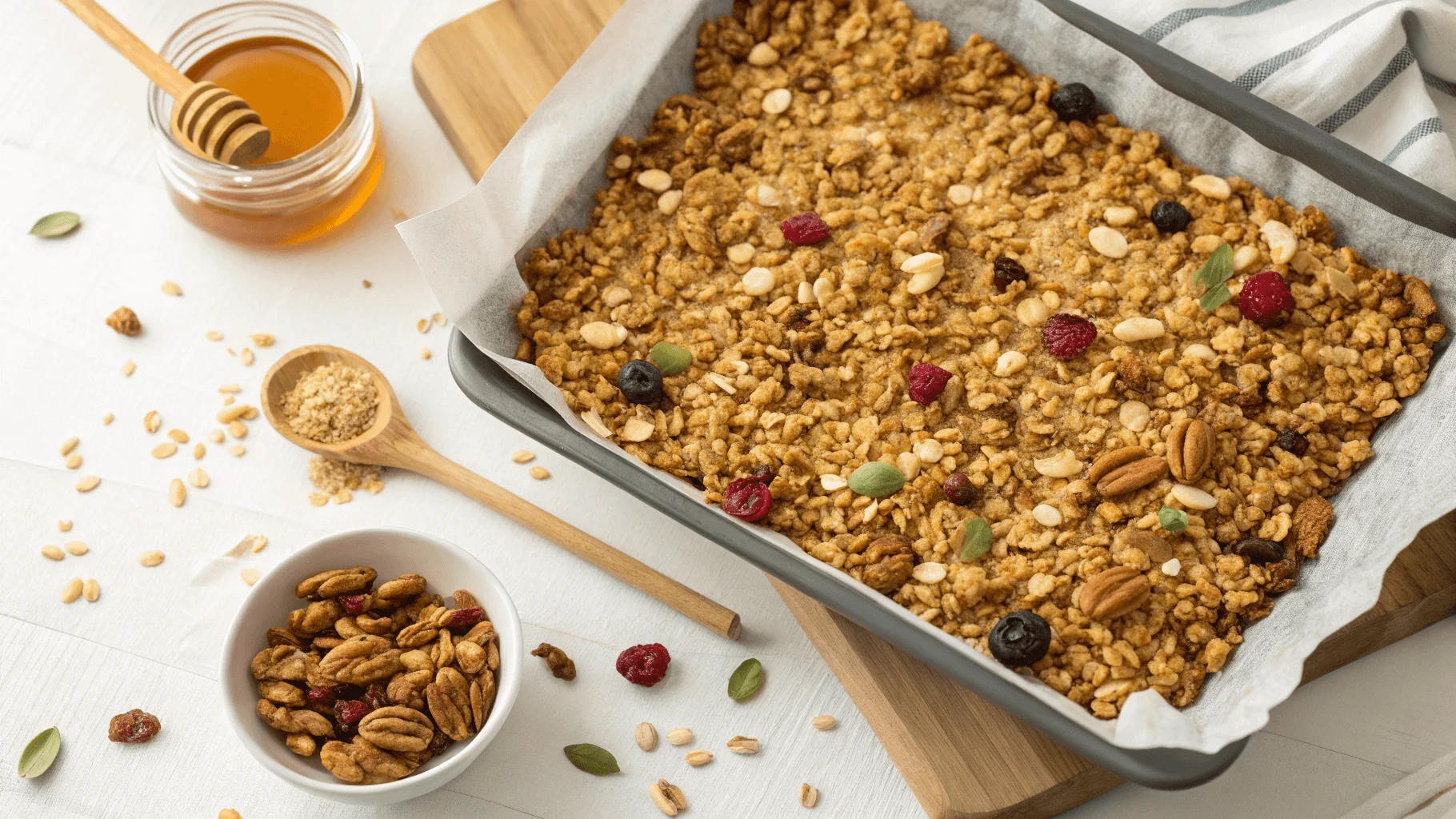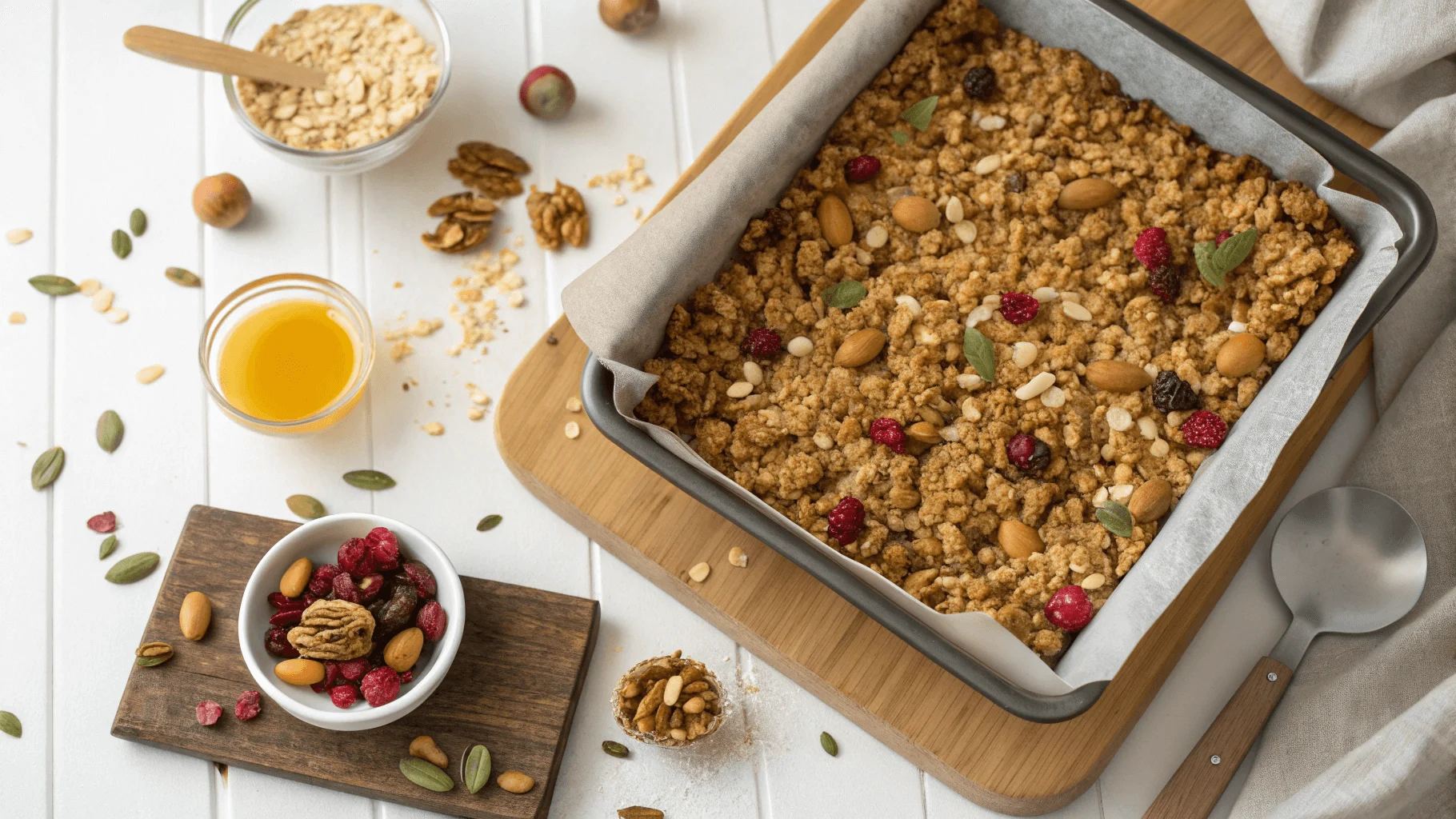The question of which butter is best for baking cookies is pivotal for bakers seeking perfect results. Butter influences everything from the texture and flavor to the visual appeal of cookies. The choice of butter depends on the recipe, desired cookie style, and personal preference. With a wide range of options—from unsalted butter to vegan alternatives—selecting the right butter can make a significant difference. This guide delves into the qualities of various butter types, offering insights to help you craft the best cookies.
Types of Butter Commonly Used in Baking
Understanding which butter is best for baking cookies starts with recognizing the common types. Unsalted butter is a favorite among bakers for its clean, controllable flavor. Salted butter adds convenience and depth but may complicate salt adjustments. European-style butter, with its higher fat content, delivers luxurious richness, while cultured butter introduces a tangy profile. Clarified butter and ghee offer nutty notes, and vegan options provide alternatives for plant-based bakers. Each type serves distinct roles, making them suitable for different recipes. Explore the difference between butter and shortbread cookies to better understand butter’s role in different cookie styles.
Unsalted Butter vs. Salted Butter
The debate over which butter is best for baking cookies often centers on unsalted versus salted butter. Unsalted butter is ideal for recipes requiring precise salt control, offering a neutral base for flavor development. Salted butter, on the other hand, is convenient for quick baking and adds subtle seasoning. While unsalted butter is the preferred choice for most recipes, salted butter can shine in cookies where the salt complements sweet flavors, like chocolate chip or oatmeal raisin.
European-Style Butter for Cookies
European-style butter is a top contender when deciding which butter is best for baking cookies. Its higher fat content (typically around 82%) imparts a creamier texture and richer flavor. This butter is especially well-suited for recipes where butter is the star ingredient, such as shortbread or sugar cookies. The reduced water content in European-style butter also helps control cookie spread during baking, resulting in more uniform shapes and textures. To minimize cookie spread during baking, consider using premium butters for consistent results.
Cultured Butter in Cookie Baking
Cultured butter is another option to consider when exploring which butter is best for baking cookies. Made by fermenting cream, cultured butter has a tangy, slightly acidic flavor that enhances complex cookie recipes. It pairs exceptionally well with spiced cookies like gingerbread or molasses cookies, where its tang balances the bold flavors. Though less common, cultured butter can elevate cookies with unique taste profiles, offering an artisanal twist.
Alternative Butters: Clarified and Ghee
Clarified butter and ghee are lesser-known choices but valuable when determining which butter is best for baking cookies. These butters are free of water and milk solids, leaving only pure butterfat. Their nutty, caramelized flavor adds depth to cookies, particularly in recipes like brown butter chocolate chip cookies. However, the lack of water may affect texture, so they are best used in recipes where butter flavor is paramount over texture.
Baking with Vegan Butter Alternatives
When seeking plant-based options, the question of which butter is best for baking cookies shifts to vegan alternatives. Made from oils like coconut, soy, or avocado, vegan butters replicate the role of traditional butter in baking. Coconut oil-based butters add a hint of tropical flavor, while soy-based options offer a neutral profile. These alternatives can produce similar textures and flavors to traditional butter, though slight adjustments may be needed for optimal results. Discover alternative cookie recipes for more creative ideas.
The Role of Butter Temperature in Cookies
Temperature plays a crucial role in deciding which butter is best for baking cookies. Room temperature butter blends smoothly with sugar, creating a creamy base for cookies. Chilled butter results in less spread, ideal for thicker cookies like shortbread. Melted butter, often used in chewy cookies, changes the dough’s consistency and moisture levels. Understanding how butter temperature impacts cookie texture allows bakers to achieve their desired outcome consistently.
How Butter Brands Impact Cookie Quality
The choice of brand also influences which butter is best for baking cookies. Premium butter brands with high-fat content and minimal additives deliver superior flavor and texture. Generic brands may have higher water content, affecting cookie spread and richness. Investing in high-quality butter is especially beneficial for recipes where butter flavor dominates, such as sugar cookies or buttery shortbreads.
Baking Science: Butter and Cookie Spread
Butter plays a key role in determining how cookies spread during baking. When exploring which butter is best for baking cookies, consider the fat-to-water ratio. Butters with higher water content cause more spread, resulting in thinner cookies. Higher-fat butters, like European-style, yield thicker, more uniform cookies. To minimize unwanted spread, chilling the dough and using quality butter with a high-fat percentage are effective techniques.
Fat Content in Butter and Its Effects
Fat content is a critical factor when considering which butter is best for baking cookies. High-fat butters, such as European-style or grass-fed options, create cookies with a rich, dense texture. Lower-fat butters or margarine alternatives may produce softer, less flavorful cookies. For recipes emphasizing buttery flavor, using high-fat butter is essential to achieve a decadent, satisfying result.
Storage Tips for Baking Butter
Proper storage ensures that your butter remains fresh and flavorful, regardless of which butter is best for baking cookies. Keep butter in its original packaging or airtight containers to protect it from absorbing odors. Refrigerate butter for everyday use, and freeze it for longer storage—up to six months. When ready to bake, thaw frozen butter overnight in the refrigerator for best results.
Common Mistakes When Using Butter in Cookies
Even the best butter can fail to deliver if misused. Common errors when selecting which butter is best for baking cookies include over-melting butter, which alters texture, and using expired butter, which leads to off-flavors. Substituting salted for unsalted butter without adjusting salt can also disrupt the recipe balance. Careful handling ensures butter performs as intended, enhancing your cookies.
Recipes Showcasing Different Butter Types
Experimenting with recipes is the best way to determine which butter is best for baking cookies. Try these examples:
- European-Style Butter: Use in shortbread for richness and minimal spread.
- Cultured Butter: Perfect for spiced cookies with complex flavors.
- Vegan Butter Alternatives: Great for plant-based chocolate chip cookies. Testing different butters allows bakers to understand their unique qualities.
Impact of Butter Quality on Cookie Flavor
Butter quality is central to flavor, making it a decisive factor in which butter is best for baking cookies. Premium butters with high-fat content contribute to a richer taste, while lower-quality options may lack depth. For cookies where butter is a key flavor, such as sugar cookies or butter spritz cookies, quality matters significantly.
Grass-Fed Butter Benefits in Baking
Grass-fed butter offers distinct advantages when assessing which butter is best for baking cookies. Its creamy texture and rich flavor come from the nutrient-dense diet of grass-fed cows. Additionally, it contains higher levels of omega-3 fatty acids, making it a healthier choice for health-conscious bakers who want indulgence without compromise.
Using Flavored Butters for Unique Cookies
Flavored butters provide creative options for which butter is best for baking cookies. Vanilla-infused butter enhances sugar cookies, while cinnamon butter transforms snickerdoodles. These specialty butters add a layer of complexity, allowing bakers to customize recipes and create memorable treats.
Butter Substitutes and Their Effects on Cookies
Butter substitutes offer flexibility when considering which butter is best for baking cookies. Coconut oil is a popular choice, providing a subtle tropical flavor, while margarine offers a neutral alternative. Applesauce works well in low-fat recipes but may alter texture. While substitutes mimic butter’s functionality, they lack the rich depth traditional butter provides.
How Butter Enhances Cookie Flavor Profiles
Butter’s role in enhancing flavor profiles makes it indispensable when asking which butter is best for baking cookies. Its creamy richness balances sweetness and supports other ingredients, creating a harmonious cookie experience. From chocolate chip to sugar cookies, butter is key to indulgence and satisfaction.
Comparing Butter to Other Fats in Baking
Butter remains unmatched when compared to other fats in baking. While shortening and lard may answer which butter is best for baking cookies for texture-focused recipes, they fall short in flavor. Butter provides a unique balance of moisture and richness, making it the preferred choice for most cookies.
Seasonal Butter Options for Festive Cookies
Seasonal butters, such as spiced or pumpkin-flavored varieties, answer which butter is best for baking cookies during holidays. These festive butters add warmth and seasonal flair to recipes, creating cookies that capture the spirit of celebrations.
FAQs
1. Why is unsalted butter preferred in baking?
Unsalted butter offers precise control over salt content, essential for balanced flavors in recipes.
2. Can I use margarine instead of butter in cookies?
Yes, but margarine lacks butter’s depth of flavor and may slightly alter texture.
3. What is the best butter for chewy cookies?
Melted unsalted butter often produces the ideal chewy texture.
Conclusion
Deciding which butter is best for baking cookies involves exploring the nuances of different types, their fat content, and their impact on texture and flavor. From unsalted butter for precise control to grass-fed butter for health-conscious baking, each type offers unique benefits. By understanding these options, you can elevate your baking and create cookies that delight every palate.






3 thoughts on “The Ultimate Guide: Which Butter is Best for Baking Cookies?”